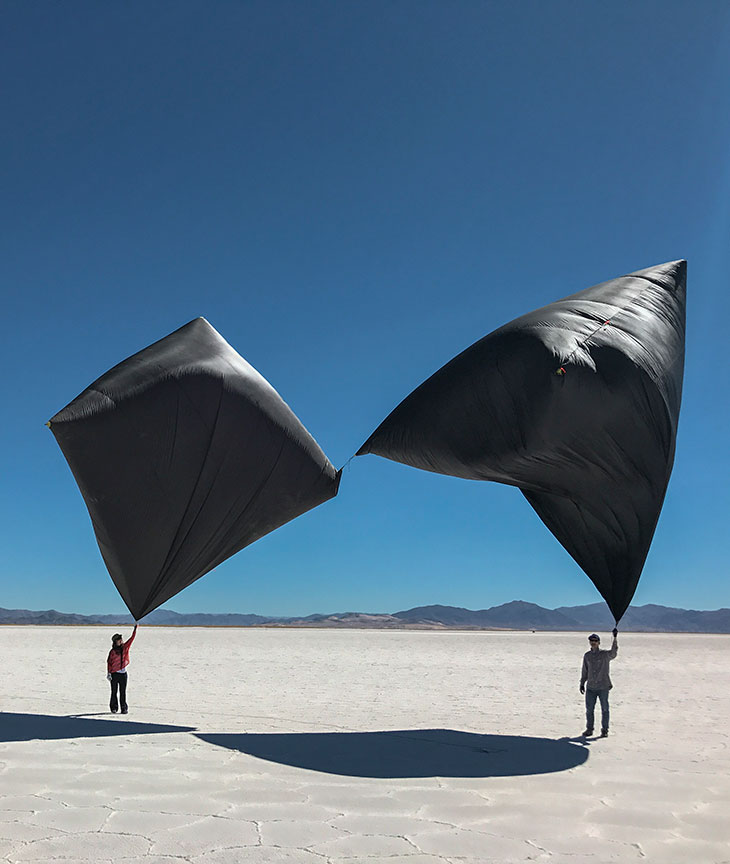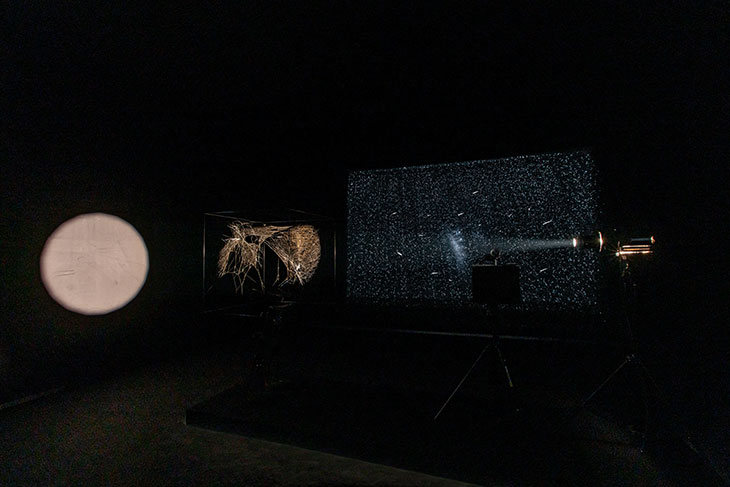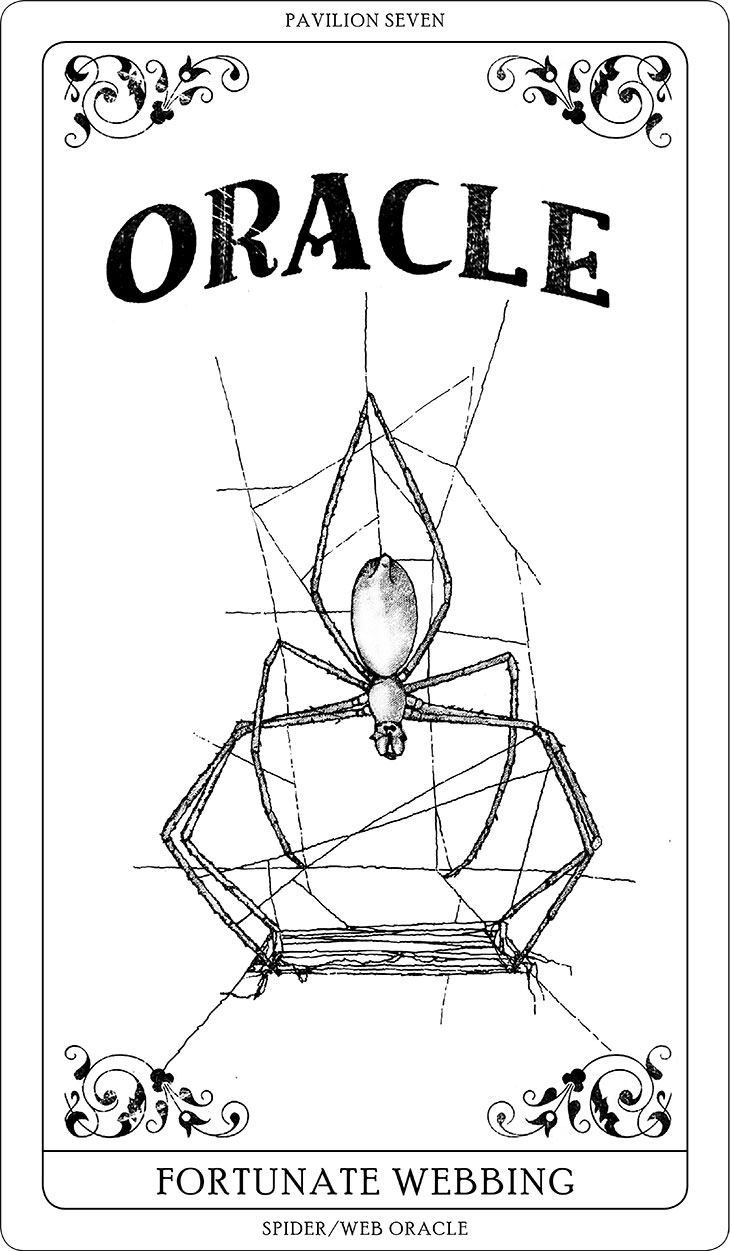Visiting Florence, it is not difficult to feel overwhelmed by the wealth of the art that was produced in the city during its glory years – by the Botticellis, the Giottos, the Donatellos, the Leonardos. It’s little wonder that the art of more recent times doesn’t usually get much airtime here. But the programme of Palazzo Strozzi, since 2015 under the direction of Arturo Galansino, is a notable exception: this year, Tomás Saraceno became the latest in a string of international artists including Marina Abramović, Bill Viola and Ai Weiwei to have solo shows at the historic palazzo.
Founded in 2005 and currently based in Berlin, the Studio Tomás Saraceno is made up dozens of individuals from different fields – design, engineering, music, biology – who work on the projects dreamt up by the artist. Probably the most well-known of these are his ‘aerosolar sculptures’, which float through the air powered only by solar energy, occasionally carrying people with them. In 2010 Saraceno himself went up in one of these: the landing broke his back, which spurred him on to develop a ‘certified system of construction’ for subsequent flying vehicles.
The Aerocene Explorer launch in Salinas Grandes, Jujuy, Argentina, on 7 August 2017. Photo: Studio Tomás Saraceno, 2017 (licensed under CC BY-SA 4.0 by Aerocene Foundation); courtesy Aerocene Foundation and CCK Buenos Aires

The Palazzo Strozzi exhibition – currently closed due to Covid-19, but extensively documented on the gallery’s website – has a couple of monitors playing video footage of the flights, as well as installations of spherical sculptures in reflective and transparent materials that serve as prototypes, or perhaps symbols, of the aircraft themselves. There’s also an off-site display, at a new cultural centre called the Manifattura Tabacchi, that explores the projects in more detail. But the main galleries at the Strozzi are dominated by Saraceno’s other abiding interest: spiders, and the webs they weave. In one room, five long threads of spider silk are suspended mid-air, undulating gently like sonic waves. In another, a series of ‘hybrid’ webs woven by multiple spiders are presented like precious artefacts in glass cases, glistening under the spotlights. A third has an actual spider in it, spinning away. There is the sense that the spiders are the real artists – or at least artist’s helpers – here.
Installation view of ‘Tomás Saraceno: Aria’ at Palazzo Strozzi, Florence. Photo: © Ela Bialkowska, OKNO Studio 2020

Interdisciplinary and collaborative, Saraceno’s way of working has inevitably drawn comparisons with the studios and the production of Renaissance masters – not least Leonardo and his speculative sketches of flying machines. Saraceno, however, is motivated by a concern that could not have occupied Leonardo or any of his assistants. Saraceno’s Icaran experiments are, to quote the Studio’s website, ‘aimed towards an ethical collaboration with the atmosphere’ that ‘seeks to create an environment free from borders, free from fossil fuels’. The spiders, meanwhile, are intended to represent the interconnectedness of all activity on this planet. Saraceno has thus firmly positioned himself within the field of environmental art, making use of the ecosystem and its inhabitants as both material and subject.
One of Tomás Saraceno’s Arachnomancy Cards (2019). Courtesy the artist; © Studio Tomás Saraceno, 2019

It is tricky to establish exactly how practical the projects are intended to be – the language around them moves freely between metaphorical and literal registers. On my visit to Palazzo Strozzi, I didn’t try to think too hard about these slippages, or attempt to work out exactly how tarot – the exhibition is structured around a series of Saraceno’s ‘Arachnomancy Cards’ – fits into it all. Nor did I think very much about coronavirus, even though by the time I arrived at the airport in Florence in mid February the Italian ministry of health had ordered that all travellers undergo thermal scanning before entering the country. Back then, it was still easy enough to be carried away, emboldened by the feats of ambition and optimism on display, and setting aside the fear that we have already flown too close to sun.
‘Tomás Saraceno: Aria’ is at the Palazzo Strozzi, Florence, until 1 November (exhibition dates extended).



